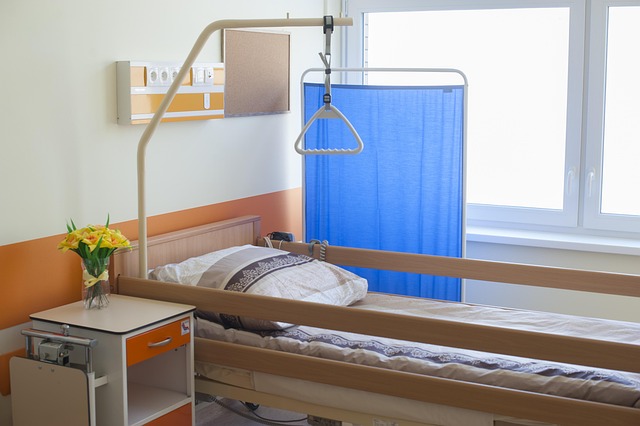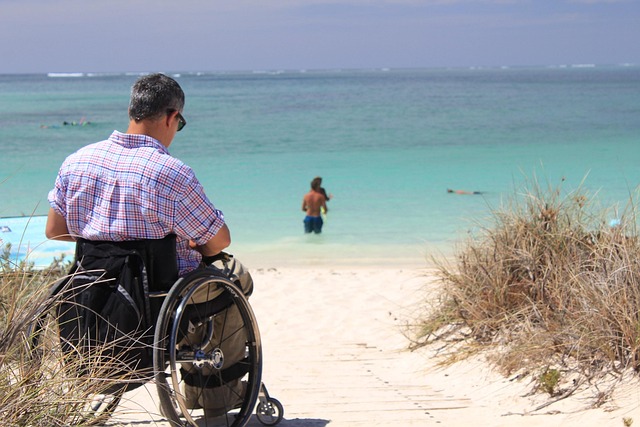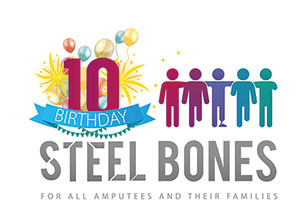Discharge from Hospital – FAQ’S

When will I be discharged from hospital?
Discharge depends on your overall recovery, wound healing, pain management, and your ability to manage daily tasks safely. Your healthcare team will agree a discharge plan with you and, if needed, your family or carers.
What support will I have once I leave hospital?
You should be given a discharge plan that includes follow-up appointments, community nursing (if wound care is required), physiotherapy, and referrals to prosthetic or rehabilitation services. You may also be connected with social services, peer support groups, or charities that can help.
How will I manage pain after discharge?
Pain may be from healing tissue, phantom limb sensations, or from adjusting posture. Your doctor will prescribe medication and your physiotherapist may show you techniques for managing phantom pain. Report any changes or severe pain to your healthcare team.
What equipment might I need at home?
Depending on your circumstances, you might be provided with:
- Wheelchair, walking aids, or crutches
- Grab rails, shower chairs, or commodes
- Pressure-relieving cushions or mattresses
An occupational therapist will usually assess your home before you leave the hospital.
Will I get a prosthetic limb straight away?
Not usually. Your residual limb needs time to heal before a prosthesis can be fitted. Initially, you may be provided with a wheelchair and mobility aids. A prosthetist will assess you at a limb centre once you are ready.
How can I prepare my home for discharge?
- Clear pathways to move safely with aids or a wheelchair
- Arrange for any temporary ramps if needed
- Move essential items to easy-to-reach places
- Ask family or friends to support with shopping, meals, or chores initially
Who do I contact if I have problems at home?
Your discharge paperwork should list contact numbers for your hospital team, community nurse, GP, and prosthetic centre. For urgent concerns (such as infection or sudden pain), contact your GP or NHS 111 (or 999 in an emergency).
What about emotional and mental health support?
It’s completely normal to experience a range of emotions after an amputation. Support is available through hospital psychology teams, peer support groups, counselling services, and charities specialising in amputee support. You are not alone.
Can I return to work or hobbies?
Yes – though this may take time and adaptation. Discuss your goals with your rehab team so they can support you with mobility training, prosthetics, or workplace adjustments. Employers have a duty to make reasonable adjustments.
Where can I find extra help & advice?
- Hospital or limb centre staff
- Your GP and community health team
- Charities such as Steel Bones, Limb Power, Reach, Amputation Foundation and Blesma
- Social services for benefits, mobility, and housing support

I know who to contact for medical concerns
My pain medication & instructions are clear
My home has been checked for accessibility
Equipment has been arranged/delivered
I have details of my follow up appointment
i know where to find emotional support
Telephone
03333 606930
Address
Isleham Business Park, Hall Barn Road, Isleham
Cambs CB7 5QZ
hello@steelbone.co.uk
Register here to receive your
FREE Support Pack
If you need some urgent help or support,
please ring the team on 03333 606930
